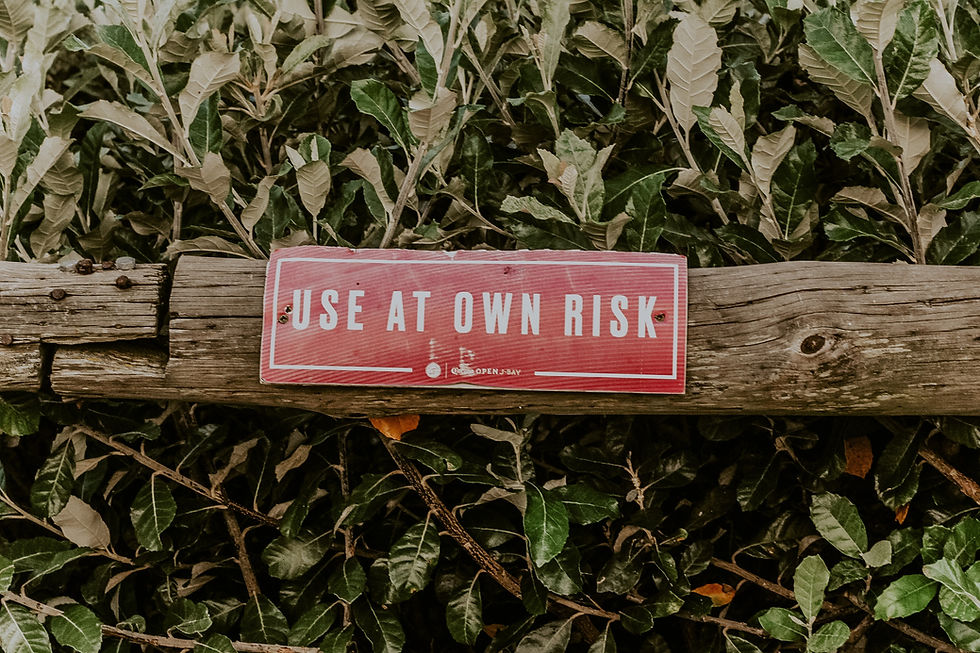How Tariffs Can Impact Property Owners and Investors
- Nii-Amu D.
- Apr 2, 2025
- 2 min read
Tariffs are an often-overlooked factor that can significantly influence the real estate market. While they may seem distant from property ownership and investment, tariffs on imported goods and materials can drive up costs, impact construction, and shift market dynamics in ways that directly affect property owners and investors. Understanding these effects can help you make informed decisions and adapt to economic shifts.
Increased Construction and Renovation Costs
Many building materials, such as steel, aluminum, lumber, and appliances, are subject to tariffs. When tariffs increase, the cost of these materials rises, leading to higher expenses for new construction and property renovations. This can make it more expensive for landlords and investors to maintain and improve properties, potentially reducing profitability and delaying necessary upgrades.
Impact on Property Values
Rising construction costs can affect overall property values. Higher costs for new developments may slow down the supply of new housing, leading to increased competition for existing properties. While this might benefit property owners through higher valuations, it can also create affordability challenges for renters and buyers, impacting long-term demand.
Rental Market Adjustments
If property owners face higher costs due to tariffs, they may pass these costs onto tenants in the form of rent increases. This can make rental properties less attractive to tenants, potentially leading to longer vacancy periods. In competitive rental markets, landlords may need to absorb some of these costs, impacting their bottom line.
Shifts in Investment Strategies
For real estate investors, tariffs can influence investment decisions. Increased costs may push investors toward markets with lower development expenses or cause them to shift their focus to existing properties rather than new construction. Investors may also seek out alternative materials or domestic suppliers to mitigate tariff-related cost increases.
What Property Owners and Investors Can Do
Monitor Tariff Policies: Stay informed about changing tariff regulations that could impact real estate costs.
Work with Local Suppliers: Exploring domestic material options can help reduce dependency on tariffed imports.
Plan for Cost Adjustments: Budgeting for potential cost increases can prevent financial strain when tariffs impact pricing.
Adjust Rental Strategies: Evaluating rental pricing and lease structures can help offset increased expenses without deterring tenants.
Final Thoughts
While tariffs are beyond the control of individual property owners, understanding their potential effects can help you adapt and make strategic decisions. Whether you own a single rental unit or manage a large portfolio, staying informed and proactive can protect your investments and keep your properties competitive in the market.



